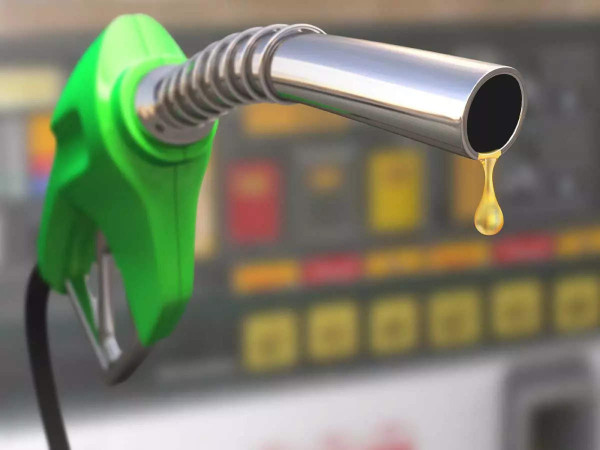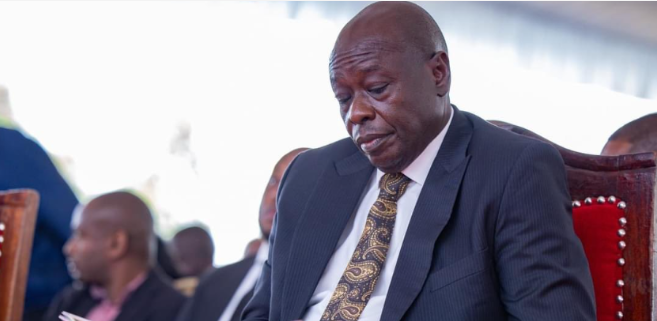Demand for Greenbacks drop by half on Emirates fuel deal

The demand for dollars allocated to the importation of oil has drastically declined from $500 million per month to $250 million per month in a significant development for Kenya’s economy.
This shift in demand has been attributed to a government-to-government deal between Kenya and the United Arab Emirates (UAE), said Central Bank of Kenya (CBK) governor Dr. Patrick Njoroge,
“Numbers have come down to around that level, so in some sense it was beneficial to us. Hopefully this would strengthen so the river can return back to its course,” Njoroge said.
Oil represents the largest single commodity imported into Kenya, with the country expending nearly a third of its dollars on oil imports.
This new arrangement between Kenya and the UAE has resulted in substantial savings for Kenya and has the potential to strengthen dwindling economic fortunes.
“The decline in demand for dollars allocated to oil imports from $500 million to $250 million per month is a significant milestone for our economy. This arrangement with the UAE has proven to be highly beneficial, enabling us to reduce our reliance on foreign currency for oil imports,” the governor said.
However despite this development, the Kenya shilling remains stubborn trading at Sh138 against the US dollar, according to the CBK website and above Sh140 in the market.
CBK data shows that there was a decline in the imports of capital and intermediate goods excluding oil partly due to the weak Kenya shilling in the last 12 months.
Easing pressure
The reduction in demand for dollars for oil imports has been expected to alleviate pressure on Kenya’s foreign exchange reserves and strengthen the Kenyan shilling.
A more stable currency can foster investor confidence and attract foreign direct investment, supporting economic growth and development in the country.
By diversifying its sources and exploring strategic partnerships, Kenya aims to reduce its reliance on costly oil imports, ultimately striving for greater energy security and self-sufficiency.
The government and the private sector will however only benefit when the actual exchange rate starts to improve with the government needing less tax payer shillings to buy dollars for debt service and the private sector requiring less capital in shillings to import dollar priced inputs.
Dr. Njoroge expressed optimism about the future, saying, “this development underscores the importance of fostering strong international relationships and strategic alliances. As we continue to explore new avenues for economic growth, we will seek to build similar partnerships that will bolster our position in the global market and drive sustainable development in Kenya.”
As Kenya continues actualising its government-to-government arrangement with the UAE, analysts and industry experts will closely monitor the economic implications and potential opportunities arising from this shift in oil import dynamics.












